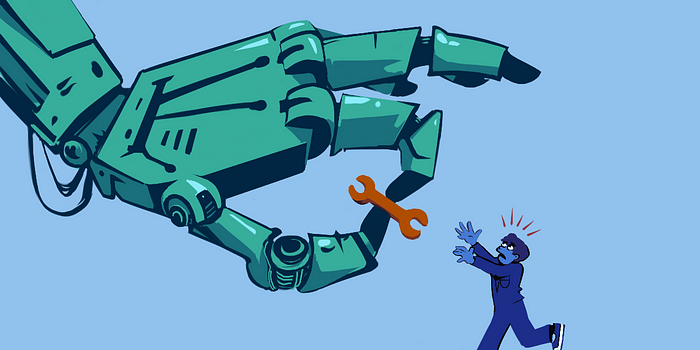Member-only story
Two principles to protect internet users from decaying platforms
Don’t just try to make platforms better — make them less important.

Today (May 10), I’m in VANCOUVER for a keynote at the Open Source Summit and later a book event for Red Team Blues at Heritage Hall; on Thurs (May 11), I’m in CALGARY for Wordfest.
Internet platforms have reached end-stage enshittification, where they claw back the goodies they once used to lure in end-users and business customers, trying to walk a tightrope in which there’s just enough value left to keep you locked in, but no more. It’s ugly out there.
When the platforms took off — using a mix of predatory pricing, catch-and-kill acquisitions and anti-competitive mergers — they seemed unstoppable. Mark Zuckerberg became the unelected social media czar-for-life for billions of users. Youtube was viewed as the final stage of online video. Twitter seemed a bedrock of public discussion and an essential source for journalists.
During that era, the primary focus for reformers, regulators and politicians was on improving these giant platforms — demanding that they spend hundreds of millions on algorithmic filters, or billions on moderators. Implicit in these ideas was that the platforms would be an eternal fact of life, and the most important thing was…
